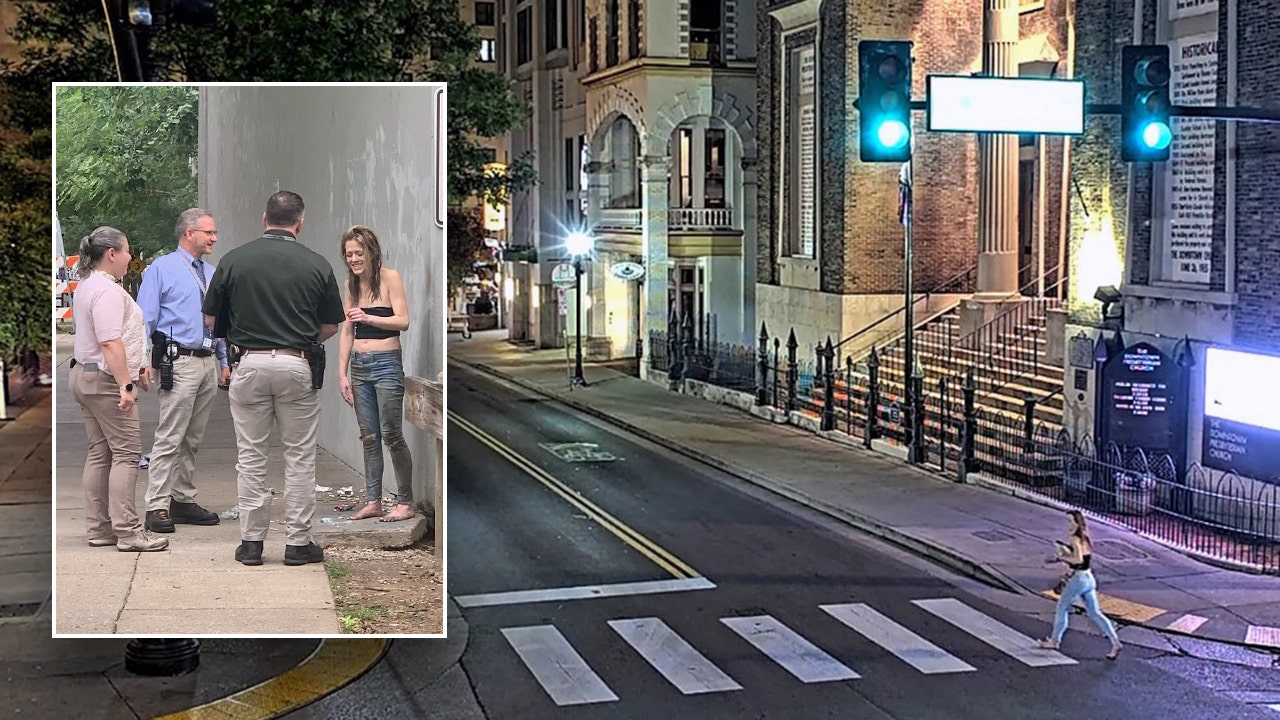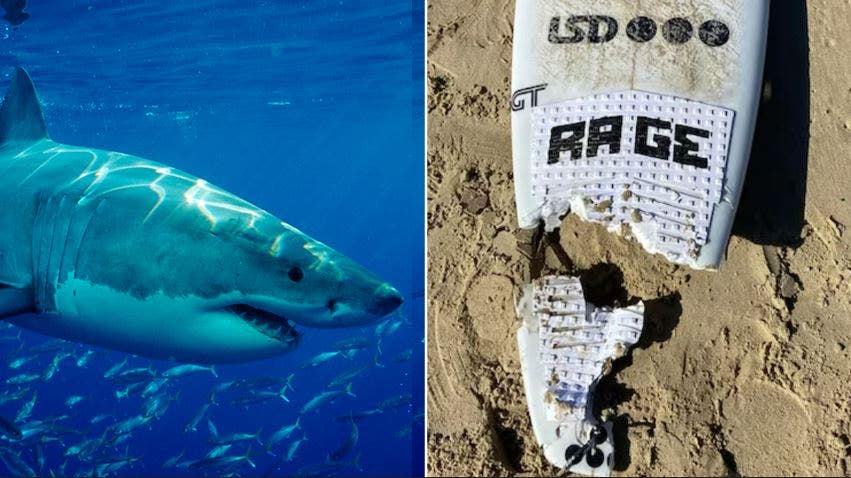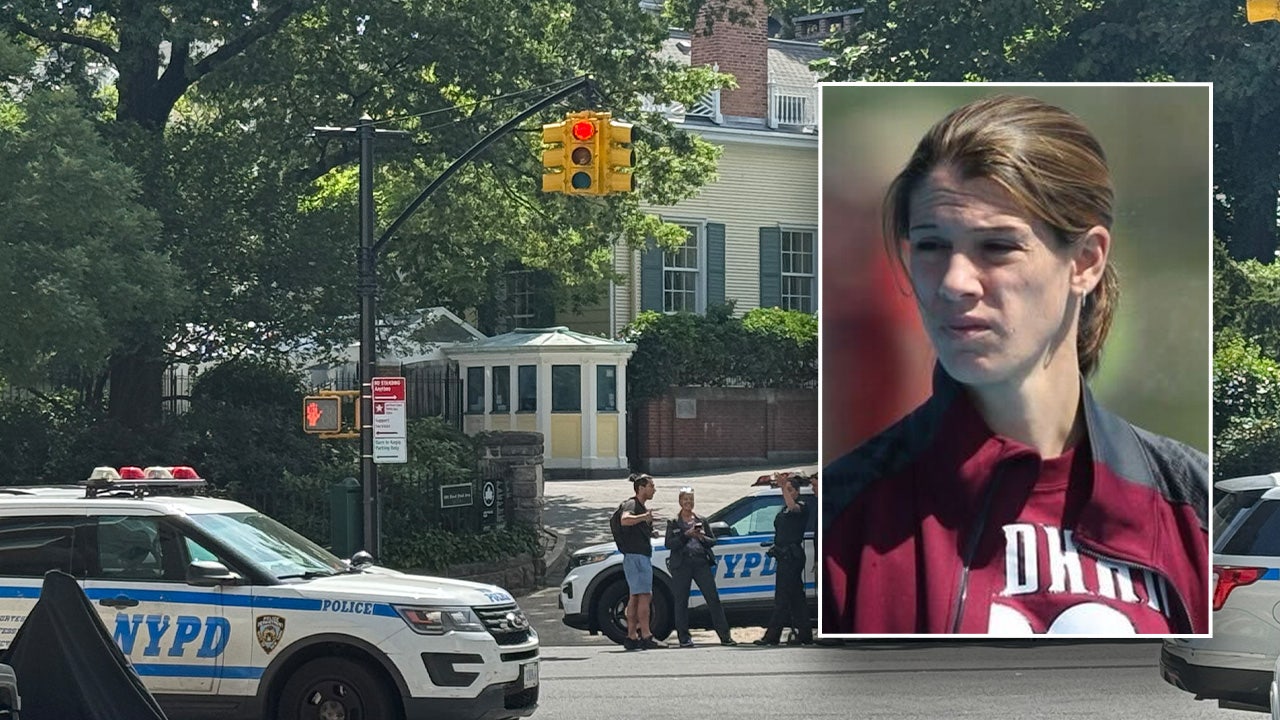While there are plenty of people in the world who wouldn’t piss on a cop if they were on fire, there are still many of us who would be willing to put ourselves in harm’s way to help. But, stepping up to assist law enforcement is something that almost nobody really trains for.
Even if we wanted to prepare for that, how would we go about it? A CCW class certainly isn’t going to cover the ins and outs of this, and the police themselves would often tell you to “be a good witness” and keep your gun in its holster instead of providing tips or resources.
Fortunately, a recent story out of Washington gives us an opportunity to at least visualize this scenario and think about the opportunity to help as well as the perils involved. In this article (which continues after the video), I want to explore this topic further and actually provide some useful information.
In this case, nothing went wrong and the police officer is grateful for both the help and the cooperation she got from the man who came to assist her with a carload of trouble she was facing alone.
The #1 Thing: Do As You’re Told When Assisting
On the side of what TO do, the first big lesson we can take away from this is that if you’re going to assist, be sure to do as you’re asked to do.
In some cases, a police officer might feel that they don’t need your help, and may ask or order you to put the gun away. They might be very rude and nasty about this, so don’t be thin-skinned if that happens. Some cops aren’t open to the idea of you helping, while others might not feel they can trust you. They don’t know you, and it’s their job to control the scene, not yours. Most critically, another gun can simply complicate the scenario when it comes to the person’s level of training, potential for crossfires, state of mind, etc.
In other cases, they might give you direction on how to be helpful, so be sure to listen. Whatever you do, don’t walk into that kind of a situation and try to tell them how to do their job, because that’ll lead to both conflict and possible liability if things go wrong. Police officers are trained to control the scene, and you’re part of the scene.
In other situations, they may be in a bad enough position that they cannot direct you. An officer who has been shot or who has lost consciousness is obviously not going to be able to guide you in any way, so you’ve got to have some common sense.
Discretion Is The Better Part of Valor
While there are certainly situations where it’s both wise and moral to assist a police officer (and perhaps even required by law depending on the state and the situation), there are plenty of reasons to not get involved. As a grown-up, you’ve got to make the judgment call in each situation, so I’ll quickly explore some bad things that can happen so you can at least be aware of them.
The biggest potential problem is that you could get shot. This has happened before, with good guys being confused for bad guys. A police officer may not know whether you’re there to help them or to help someone else, and they’ve got fractions of a second to decide whether you’re a threat or a resource.
There’s also a high probability that the officer will be experiencing tunnel vision (due to adrenaline), so they might not even know you’re there. If you walk into that situation, thinking they know you’re there, and they suddenly become aware that you’re there, things can go badly.
This can all be bypassed by making an offer to help instead of drawing your gun, when possible. It’s best to offer to help BEFORE announcing that you’re armed, and perhaps saying something to indicate that you’re trained and not just some guy who had $300. For example:
“Officer! Do you need help? I’m a CCW holder.”
If you have greater relevant training that you can quickly convey (former or current police officer, military, etc) you might convey that, but don’t read your whole resume off. Keep it simple and quick, and then see what they say.
Another even bigger problem is that other police officers might not read the situation right, even if the first cop wants your help and you’re acting under their direction. One possible way to mitigate this danger would be to quickly ask the cop to let others on the way know that you’re helping. For example, after they’ve accepted the offer to help, consider saying something like:
“Will do. Let dispatch know I’m here helping if you can.”
This gives a reminder and an opportunity for them to quickly transmit, which not only alerts dispatch, but others who are on the way eagerly awaiting updates.
One Thing You Definitely Shouldn’t Do
I’ll close by dispelling one final bad idea: a CCW badge. The downsides to buying a bogus badge online are obvious (or should be), but let’s have a quick laugh about it before we go!
For those law enforcement officers (or lawyers and instructors) reading this, we’d love to hear your thoughts and comments on this.
Read the full article here










